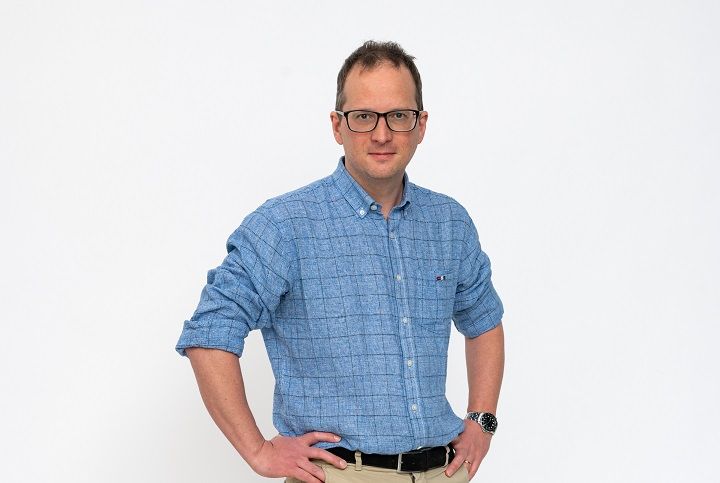In a recent interview with Berlingske, Prime Minister Mette Frederiksen, Foreign Minister Lars Løkke Rasmussen and newly appointed Minister of Economy Jakob Ellemann-Jensen stated that the international workforce is their top political priority.
“The currency of the new era in Danish politics is not money, because we have plenty of it, it is workforce. We cannot use the money if there are not enough employees. This is where all other political issues – from defense to health to climate – come from,” Mette Frederiksen told Berlingske.
A tricky topic
But let’s face it: international labor can be a tricky topic for the Danish government.
For decades, immigration has been one of the hottest issues in Danish politics. Elections have been won by parties or blocs who have been tough on immigration.
So, opening the door for more internationals is no easy feat for the government; it’s likely to invite accusations from other parties of being soft on immigration.
I guess this is why the government seems to be dancing around the topic instead of embracing it without any reservations.
But that’s a shame.
A huge problem
In early July, The Danish Confederation of Professional Associations (Akademikerne), the umbrella organisation for 28 unions, called for a new national strategy in order to recruit more international talent to Denmark.
“We have to recognize that Denmark is not currently among the preferred countries of international talent. We must therefore significantly increase our recruitment efforts,” Lisbeth Lintz, head of the organisation, said in a press release.
Akademikerne, which represents roughly 480,000 members across 28 member organisations, warned that Denmark will fall behind other European countries if serious actions are not taken to attract more international talent.
A report from Tænketanken Europa in late June warned that Denmark will increasingly struggle to hire skilled international workers towards 2030.
According to economist Anders Overvad, Denmark will need to take swift action, as the development is ‘potentially a huge problem for Danish companies and the Danish economy’.
The clock is ticking
Furthermore, Overvad warned, the developments could “significantly delay Europe’s green transition”.
On top of it all, Danish companies and the Welfare State appear to be in desperate need of employees in the years to come.
In an interview with Finans Lars Sandahl Sørensen, CEO of the Confederation of Danish Industries said that he considers the lack of skilled labor to be ‘the biggest challenge we as a society face in the next 20 years’.
We don’t really know what the government is looking into. Hopefully, it will soon come up with an ambitious plan.
The government often claims that it’s ready to take hard decisions.
Well, the clock is ticking, there has been enough talk – action is needed.















